What is Samhain?
Samhain is a Celtic annual festival and heralds the end of the year. It is celebrated on the night of 31 October to 1 November. The Celtic New Year begins on 1 November. It marks the end of summer, the entry into darkness and the end of the light-filled period. It is now about resting, regenerating, drawing on success, reflecting and coming to oneself, withdrawing and enjoying the darkness.
At Samhain, we find ourselves in an in-between time. The veils become thinner and thinner, the spiritual world comes closer to the human world. The connection to the other world becomes more intense. It is a magical in-between time.
The ancestor festival
Recently, I have been intensively studying different cultures and traditions. Ancestor worship in particular is something that people all over the world have in common and is practised with varying degrees of intensity. In modern times, remembering ancestors and their importance is increasingly being forgotten.
Samhain is a festival of the dead. The dead come closer and in ancient tradition food was placed before the deceased. The apple in particular symbolises life due to its rich ingredients and was an important source of vitamin C and minerals for the people of old. It was considered sacred and was therefore also used to honour ancestors.
When the dead are fed with special food, the dead bless the house so that its inhabitants get through the winter well.
Why is ancestor worship important?
Although the bodies of our ancestors, personalities and historical figures are no longer there, their energy remains. It transforms into transmitted energy, which in turn generates cosmic energy. When people forget their ancestors, their family and/or their nation, they throw away their original energy. However, it is this energy that carries us through life.
A connection to our ancestors also brings us back to our original energy, which strengthens our energy centres (chakras).
Samhain - honour your ancestors and celebrate the night
Samhain is an ancient Celtic festival that has shaped our western culture. Halloween is an offshoot of this, but its original meaning and the actual ritual behind it has been reversed and turned into something ‘scary’. People forget what it is really about.
I would like to bring back memories and give you a few tips on how you can celebrate the festival of the ancestors.
Come to terms with your own mortality
Find a quiet and, if possible, dark place. If the complete darkness is too much for you, light the room with a candle.
Ask yourself the following questions:
- If I were to die today, would I be satisfied?
- What would I be missing?
- What would I want to do, organise or experience?
Take notes, thank yourself and let the answers to your questions sink in.
Be aware of the value of life
Look at your life so far, all the good and the not-so-good. Realise how you really want to use your time from now on. What is important to you? What is life for you?
Ritual action
You reinforce your intention with a ritual action. Fill a bowl with stones to inform them of what you can now draw on and be proud of.
Realise what you want to let go of and what no longer belongs to you. In a ritual fire outdoors or with toothpicks at home, you can burn everything that is old and no longer belongs to you in a fire ceremony.
Build a small altar indoors or outdoors, which you dedicate to the spirits of nature and the ancestors. Place nuts, apples, flowers etc. on it.
Once you have completed your ritual actions, make yourself comfortable. Find a nice place in your home with a blanket, a nice book, tea or similar and perhaps a fragrant oil. Revel in your successes of the past year.
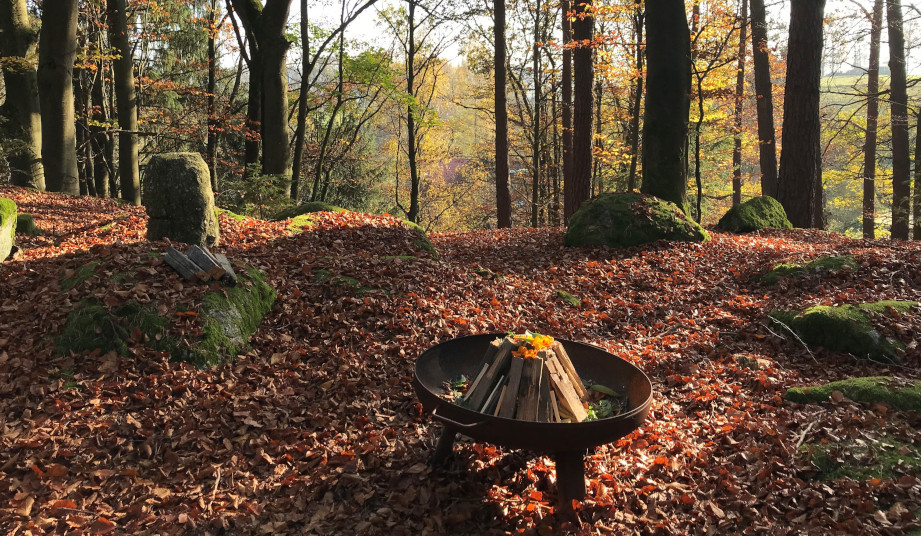
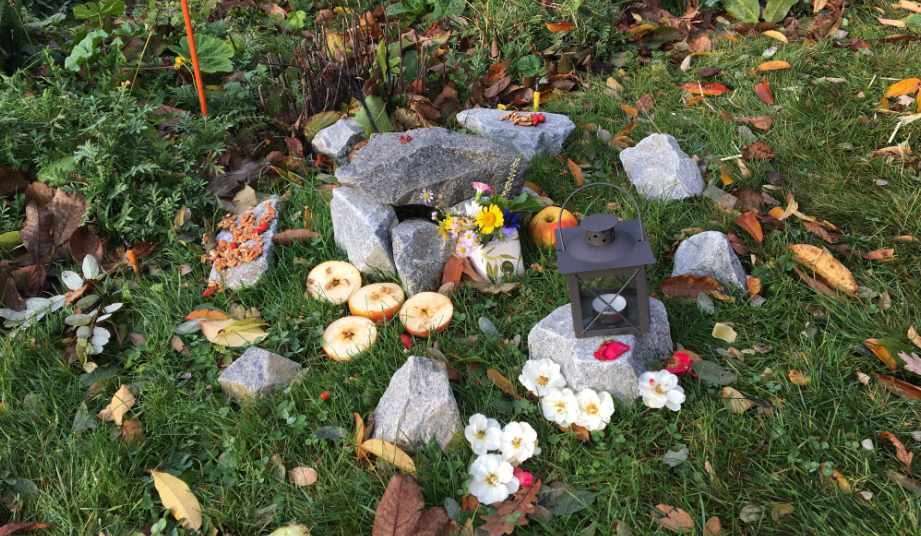
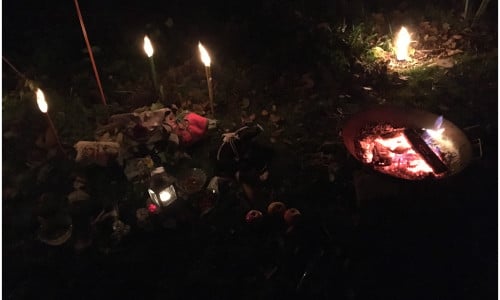
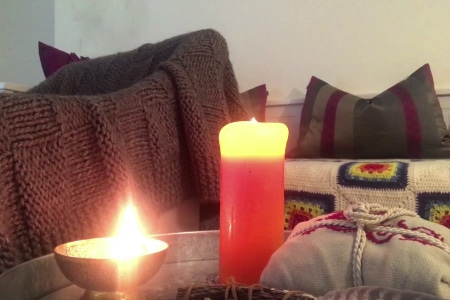
Honouring ancestors
Between 31 October and 1 November, the veils to the Otherworld are thin. It is easier to make contact with our ancestors. Connect with your ancestral lineage by building an ancestral altar, for example. You can collect natural materials that represent your ancestors. Place a candle in the window and light it with your ancestors in mind. Talk about your ancestors with your family and remember them.
In Catholicism, it is customary to go to the grave on 1 November. We only recently discussed this in my family. I realised that the reason for this burial and where it all comes from is not known at all. ‘It's just the way it's done’. It is therefore no longer a ritual act and sinks into insignificance.
Wolf-Dieter Storl writes in his blog ’THE SMOKE OF THE ANCESTORS‘ which incense mixture you can use and light at your ancestral altar, for example.
Peace time
In the Celtic tribes, this was a time of peace. Misrule and contradictions were discussed and resolved.
Ask yourself the question:
- Who or what do you want to reconcile with?
- With what or with whom do you want to make peace?
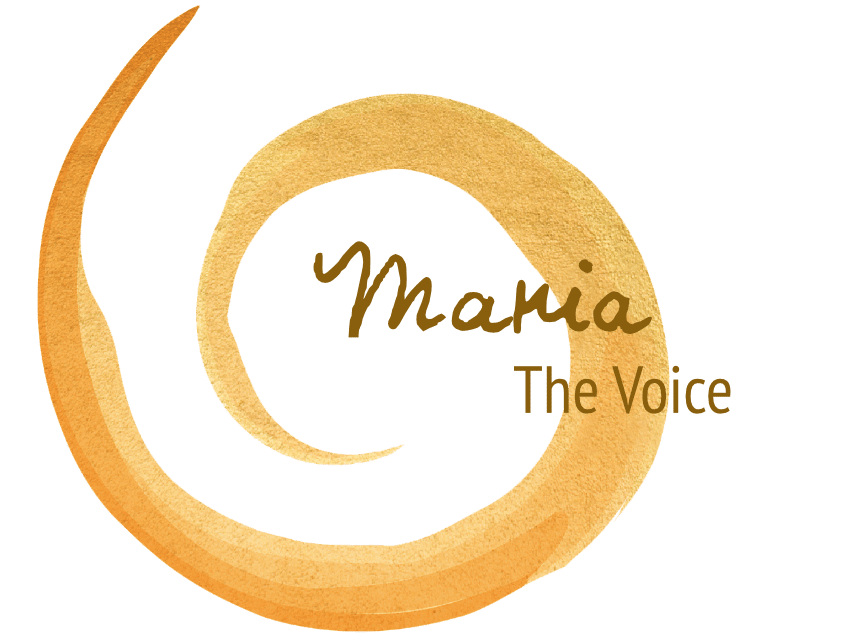
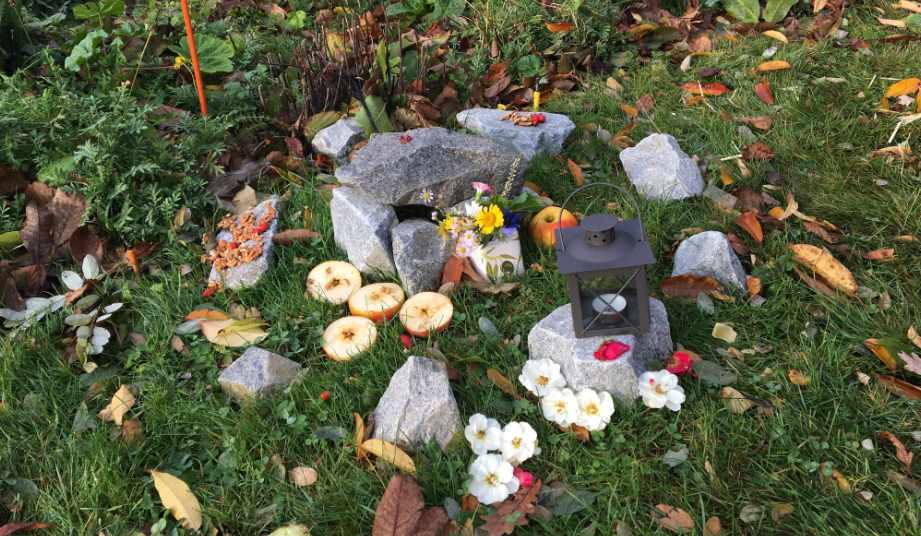
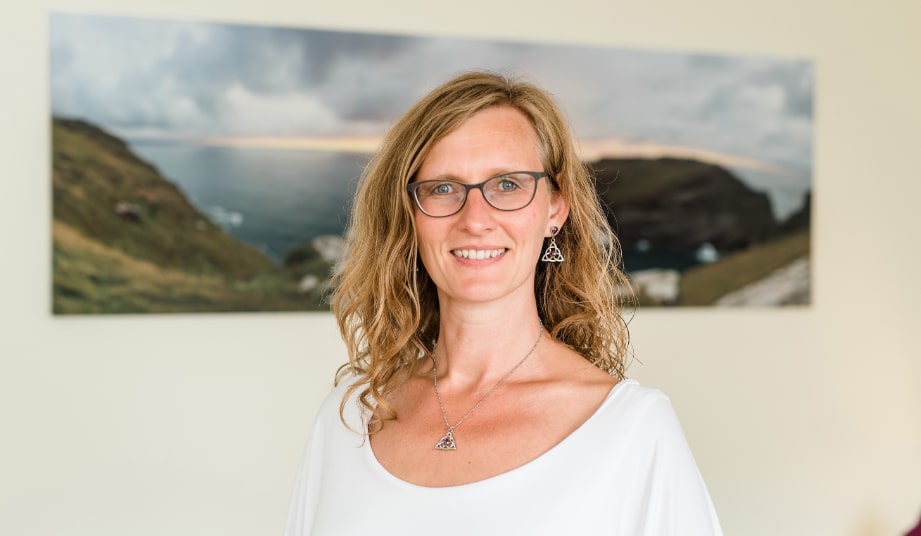
0 Comments